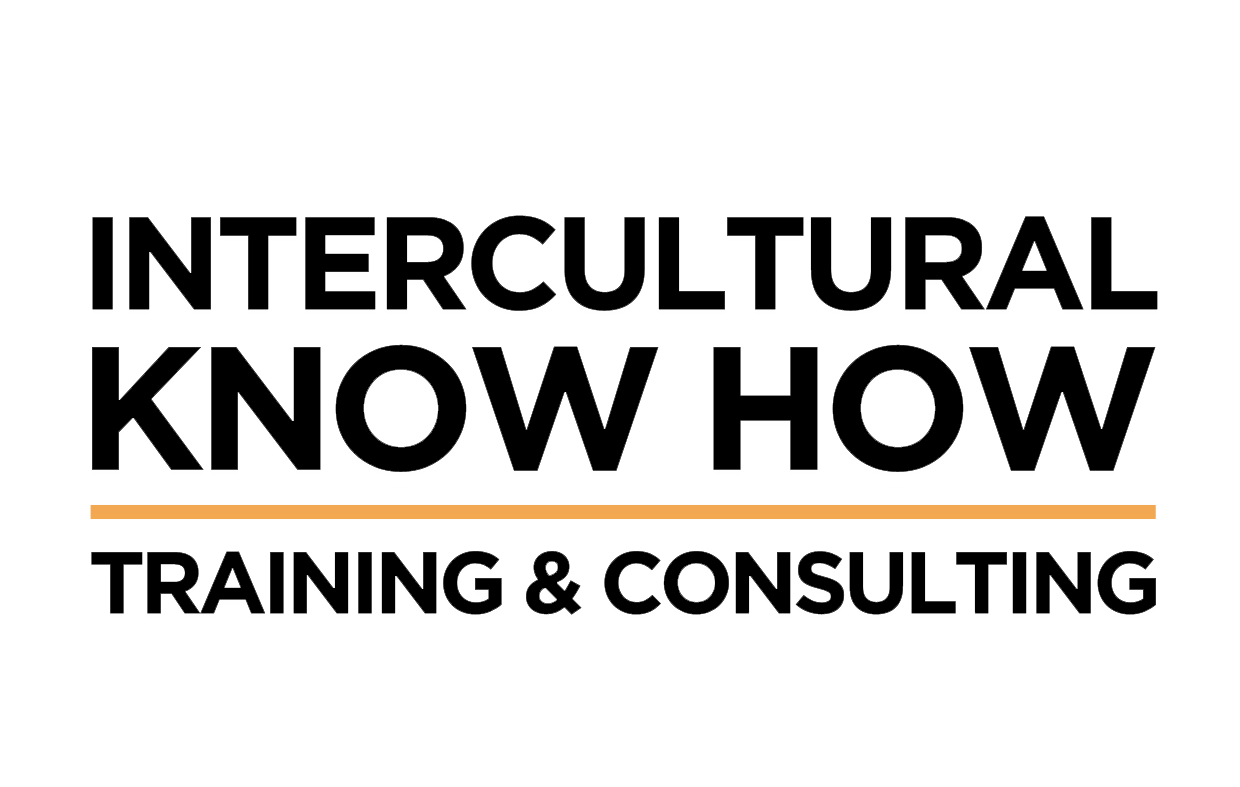After more than 18 years of professional experience as an intercultural trainer and consultant, my work continues to focus on cultural sensitisation and the development of intercultural competence.
Today, my focus is increasingly on increasing the understanding of cultural diversity not only outside companies and institutions in the context of their international activities, but also within them. Today, companies increasingly reflect society in its diversity. It is therefore important to increase intercultural understanding for each other in a multicultural working environment. Supporting multicultural teams in the context of cultural sensitisation training is therefore an important aspect of my work.
In my culture-specific training programmes, I try to do justice to the complexity and changeability of cultures. Of course, it is primarily about conveying the work culture of the target country - such as communication methods, understanding of leadership, planning and goal achievement. I also like to incorporate socio-economic, socio-cultural and historical aspects in order to convey an overall picture.
Furthermore, cultures are not static and cannot be clearly described like objects. They change, and they change with us as actors. You could say that we shape culture in communication and interaction situations with others, as we are always a component and part of the culture.
My work is about the very concrete communication of cultural differences, especially in communication and interaction. I use communication examples, case studies or so-called critical incidents and videos to convey the differences as vividly as possible. Interactive elements such as role plays also promote the learning effect through personal experience.
The foundations for me are various cultural models and cultural theories that have characterised the theoretical discussion: Geert Hofstede, Fons Trompenaars, Nancy Adler, Edward Hall, Alexander Thomas, Wolfgang Welsch, Jürgen Bolten, Wolfgang Barmeyer and Erin Meyer's Culture Map. I consider more recent approaches in intercultural management that advocate an open concept of culture, such as that of Mary Yoko Brannen, to be very helpful in a multicultural work context.
Theories on intercultural competence by Darla Deardorff, but above all the Intercultural Readiness model by Ursula Brinkmann & Oskar van Weerdeburg, the philosophical approach by François Jullien and approaches from systemic management by Fritz Simon as well as models of systemic conflict resolution (Interrelational Conflict Management by Sonja Radatz).
My questions always look at which cultural, historical and economic factors form the basis of behaviour and thought patterns. The differences in thinking between Asia and Europe fascinate me in particular. They help me find the key to mutual understanding in a business context, the focus of my work.

